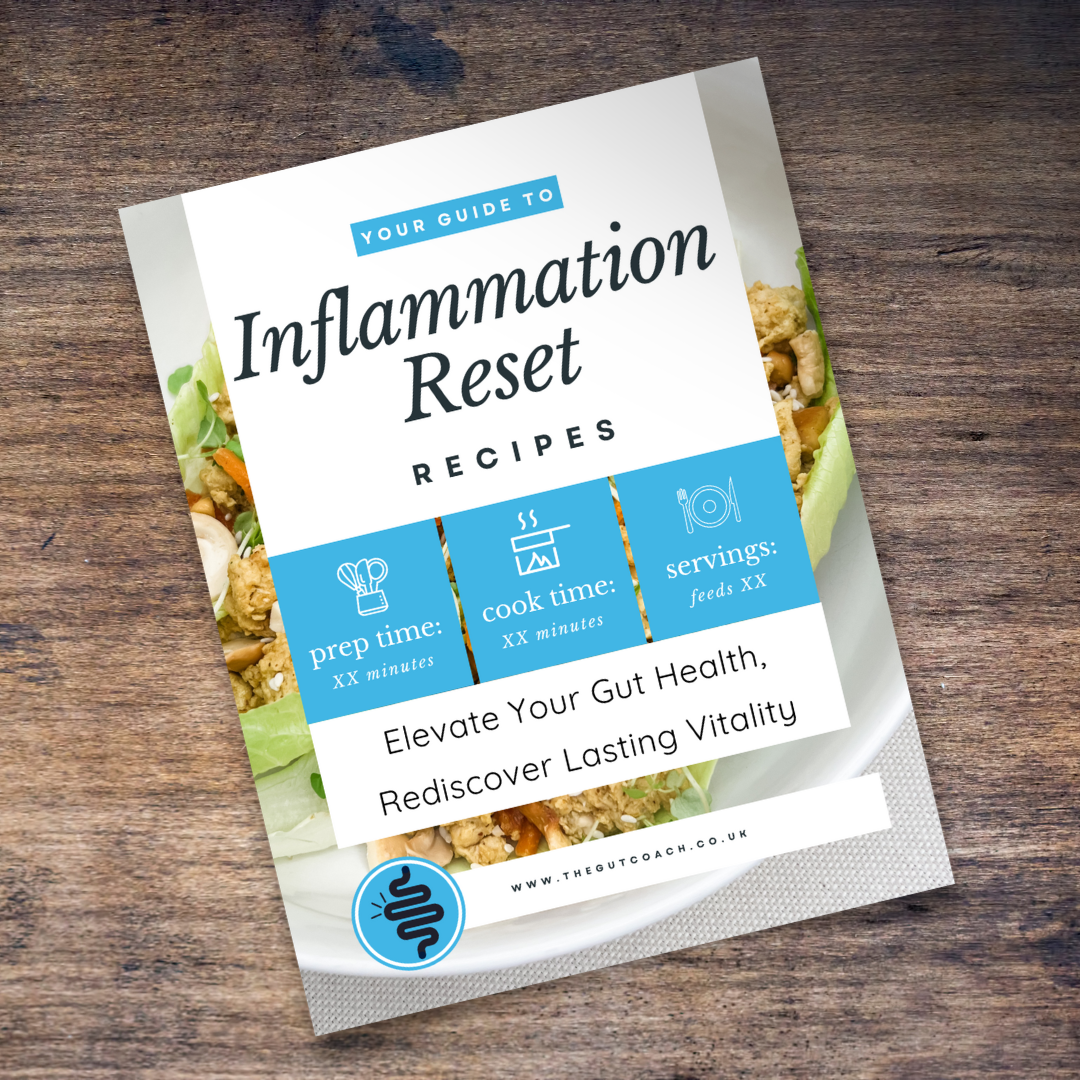Top Anti-Inflammatory Foods for Gut Health
Inflammation is at the heart of many gut health issues, including conditions like IBS and even more severe conditions such as inflammatory bowel disease (IBD). Managing inflammation through diet is one of the most effective ways to support gut health and overall well-being. Here are some of the top anti-inflammatory foods that can help soothe your gut and promote healing.
1. Leafy Greens - Leafy greens like spinach, kale, and Swiss chard are packed with vitamins, minerals, and antioxidants. They're especially rich in vitamins A, C, and K, which help reduce inflammation and support immune function.
2. Fatty Fish - Fatty fish such as salmon, mackerel, and sardines are high in omega-3 fatty acids. These essential fats are known for their powerful anti-inflammatory properties. Incorporating these fish into your diet can help reduce gut inflammation and improve overall digestive health.
3. Turmeric - Turmeric contains curcumin, a compound with potent anti-inflammatory and antioxidant effects. Adding turmeric to your meals or enjoying a warm turmeric tea can help reduce inflammation in the gut.
4. Ginger - Ginger is another powerful anti-inflammatory spice. It can help reduce inflammation in the gut, improve digestion, and alleviate symptoms of nausea and bloating. Fresh ginger root can be added to smoothies, teas, and stir-fries.
5. Berries - Berries, including blueberries, strawberries, and raspberries, are rich in antioxidants called flavonoids. These compounds help reduce inflammation and protect the cells lining your gut. Enjoy them fresh, in smoothies, or as a topping for yoghurt.
6. Fermented Foods - Fermented foods like yoghurt, kefir, sauerkraut, and kimchi are excellent sources of probiotics. These beneficial bacteria help balance the gut microbiome, reduce inflammation, and improve digestive health. Aim for fermented foods with live cultures for the best benefits.
7. Nuts and Seeds - Nuts and seeds, such as almonds, walnuts, flaxseeds, and chia seeds, are rich in healthy fats, fibre, and antioxidants. These nutrients work together to reduce inflammation and support a healthy gut lining. Enjoy them as snacks, in smoothies, or sprinkled on salads.
8. Olive Oil - Extra virgin olive oil is a staple of the Mediterranean diet, known for its anti-inflammatory benefits. It's rich in monounsaturated fats and antioxidants that help reduce gut inflammation. Use olive oil as your go-to cooking oil or as a dressing for salads.
9. Green Tea - Green tea is loaded with polyphenols, which are antioxidants that reduce inflammation. Drinking green tea regularly can help soothe the gut and protect against inflammatory digestive disorders. Opt for organic green tea to avoid pesticide residues.
10. Garlic - Garlic has been used for centuries for its medicinal properties. It contains sulphur compounds that have anti-inflammatory effects and can help improve gut health. Use fresh garlic in cooking to maximise its benefits.
Incorporating Anti-Inflammatory Foods into Your Diet
Start by gradually adding these anti-inflammatory foods to your meals. You don't need to overhaul your diet overnight. Instead, focus on incorporating a few of these foods each week and observe how your body responds. Pair these foods with a balanced diet rich in whole grains, lean proteins, and plenty of water to support optimal gut health.
Conclusion
Managing inflammation through diet is a powerful strategy for improving gut health. By including these anti-inflammatory foods in your daily meals, you can help reduce gut inflammation, promote healing, and achieve better overall digestive health. Remember, it's all about consistency and making mindful choices that support your body's natural healing processes.
Chris Robert
The Gut Coach
Need a done-for-you anti-inflammatory meal plan?
Discover practical ways to include anti-inflammatory foods in your diet with my Anti-Inflammatory Meal Plan. Click the button below to explore it in my store and start your journey to better gut health.


